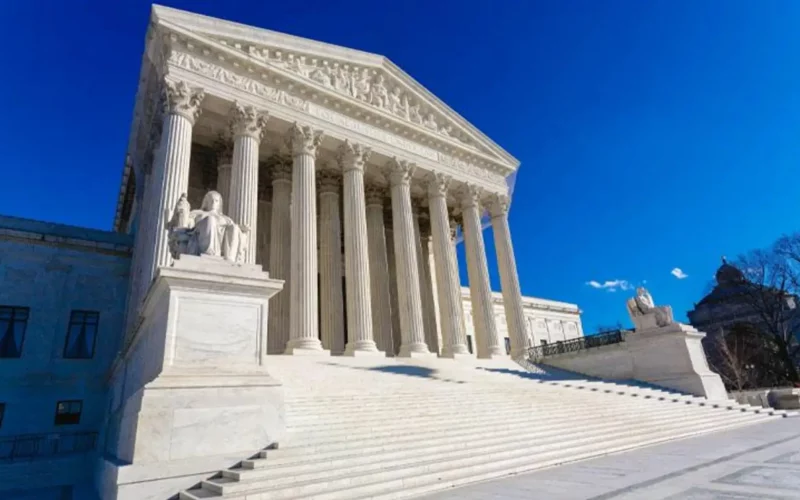The U.S. Supreme Court has issued a noteworthy decision in the case of 303 Creative LLC v. Elenis, a ruling that could have significant implications for discussions surrounding personal freedom and societal norms in the United States.
The Supreme Court upheld the rights of Lorie Smith, a Colorado-based website designer, to work in her chosen field without endorsing messages that conflicted with her personal beliefs. According to the court’s ruling, “The First Amendment prohibits Colorado from forcing a website designer to create expressive designs speaking messages with which the designer disagrees.”
In the context of the Colorado Anti-Discrimination Act, which prevents public accommodations from denying equal enjoyment of goods and services to any customer based on attributes like race, creed, disability, or sexual orientation, this decision holds weight.
This decision, divided along ideological lines with a 6-3 conservative majority, focused on Smith’s right to align her professional work with her personal beliefs. Smith and the state agreed on several key facts, including that Smith was open to work with clients of any orientation, but would not create content that contradicted her personal belief system.
Justice Neil Gorsuch, in delivering the majority opinion, wrote, “The First Amendment envisions the United States as a rich and complex place where all persons are free to think and speak as they wish, not as the government demands. Because Colorado seeks to deny that promise, the judgment is Reversed.”
In her dissenting opinion, Justice Sotomayor criticized the decision, saying it was a “sad day in American constitutional law and in the lives of LGBT people. The Supreme Court of the United States declares that a particular kind of business, though open to the public, has a constitutional right to refuse to serve members of a protected class.”
This decision follows several other notable Supreme Court rulings that have sought to balance the rights of individuals and businesses with broader societal norms and legal protections.

